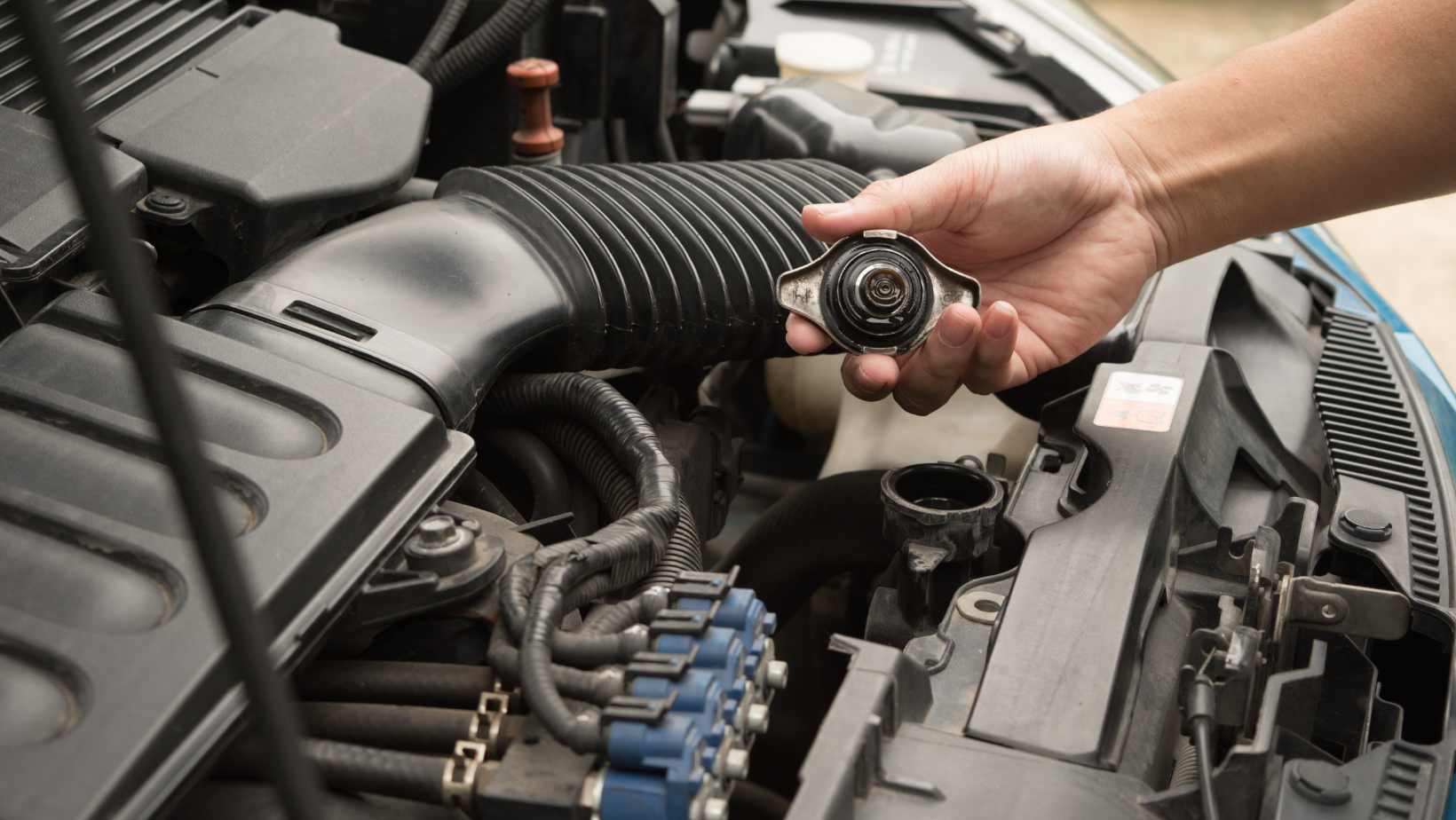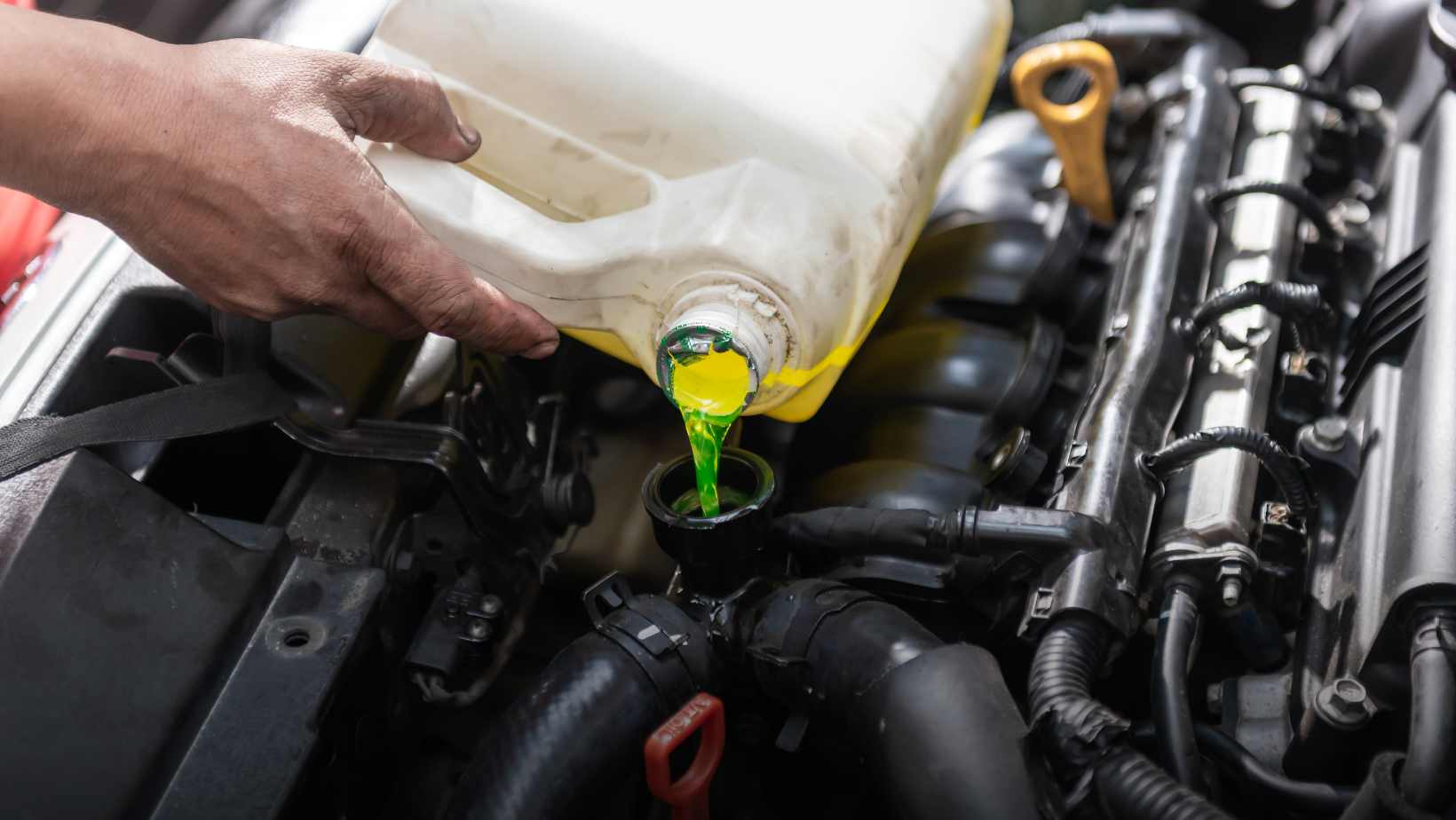When it comes to car radiator repair, it’s important to understand the role of the radiator in your vehicle’s cooling system. The radiator plays a crucial part in preventing your engine from overheating by dissipating heat generated during operation. However, radiators can develop issues such as leaks or clogs that may hinder their performance over time. In this article, I’ll provide valuable information on car radiator repair and how to address common problems.
One common issue that car owners may encounter is a leaking radiator. Leaks can occur due to corrosion, physical damage, or worn-out seals and gaskets. If you notice coolant puddles beneath your vehicle or an unexplained decrease in coolant levels, addressing the issue promptly before it leads to more severe engine problems is essential.
Signs of a Faulty Car Radiator
The radiator plays a crucial role in the health of your car’s cooling system. A faulty radiator can lead to serious engine problems and overheating, so it’s important to be aware of the signs that indicate a potential issue. Here are some common signs that your car radiator may need repair:
- Visible coolant leaks: If you notice puddles or stains of bright green, yellow, or pink fluid underneath your vehicle, it could indicate a coolant leak from the radiator. Coolant is vital for regulating engine temperature, so any leaks should not be ignored.
- Engine overheating: An engine that constantly runs hot is one of the most obvious signs of a faulty radiator. If your temperature gauge is consistently in the red zone or warning lights illuminate on your dashboard, it’s time to have your radiator checked.
- Low coolant levels: Monitor your coolant reservoir and regularly check its levels. If you find yourself frequently topping up the coolant or if it consistently drops below the recommended level, there may be an underlying issue with the radiator.
- Rust or corrosion: Inspect your radiator for any signs of rust or corrosion on its exterior surface. Rust can weaken the structure and compromise its ability to cool efficiently.
- Sludge buildup: Over time, sediment and debris can accumulate inside the radiator and cause blockages that hinder proper coolant flow. This can result in inefficient cooling and potentially damage other parts of the cooling system.
- Strange odors or steam: If you notice unusual smells coming from under the hood, especially sweet-smelling odors accompanied by steam, it could be a sign of coolant leaking into other engine components due to a damaged radiator.
- Constantly running fan: A malfunctioning fan that runs continuously even when your car is at rest may indicate an issue with the radiator, as it is working harder to cool the engine.

Car Radiator Repair
When it comes to car maintenance, one aspect that often gets overlooked is the radiator. However, ensuring timely radiator repair is crucial for keeping your vehicle running smoothly and avoiding costly damages down the line.
1. Efficient Cooling Performance
The radiator plays a vital role in maintaining optimal engine temperature. It works by dissipating heat generated during combustion and preventing overheating. Any issues with the radiator can lead to inadequate cooling, causing the engine to overheat and potentially resulting in severe damage.
2. Preventing Engine Damage
A malfunctioning radiator can put excessive strain on your car’s engine. Over time, this can lead to irreversible damage such as cracked cylinder heads or warped engine blocks. By promptly addressing any radiator issues, you can prevent major engine repairs and prolong the lifespan of your vehicle.
3. Preserving Fuel Efficiency
Did you know that a faulty radiator can also impact fuel efficiency? When the engine runs too hot due to radiator problems, it may cause an increase in fuel consumption as the system tries to compensate for overheating. Maintaining a properly functioning radiator can ensure optimal fuel efficiency and save money at the pump.
Final Thoughts
Maintaining your car’s cooling system through timely radiator repair is essential for efficient cooling performance, preventing engine damage, preserving fuel efficiency, avoiding costly repairs, and enhancing overall vehicle performance. By addressing any radiator issues promptly, you can ensure that your car runs smoothly and avoid unnecessary expenses in the long run.








































